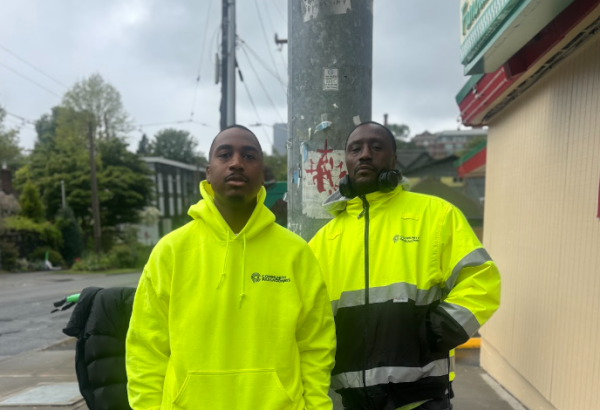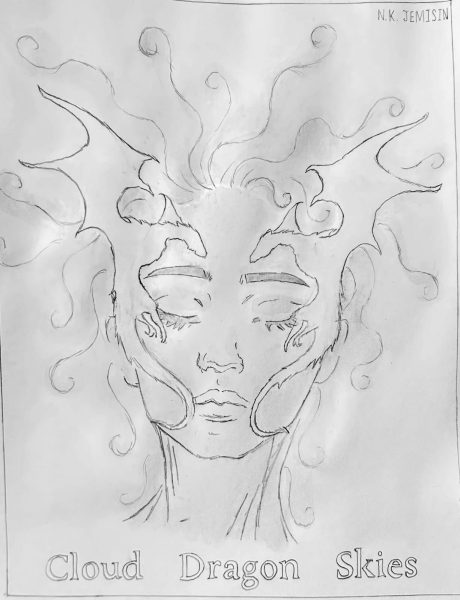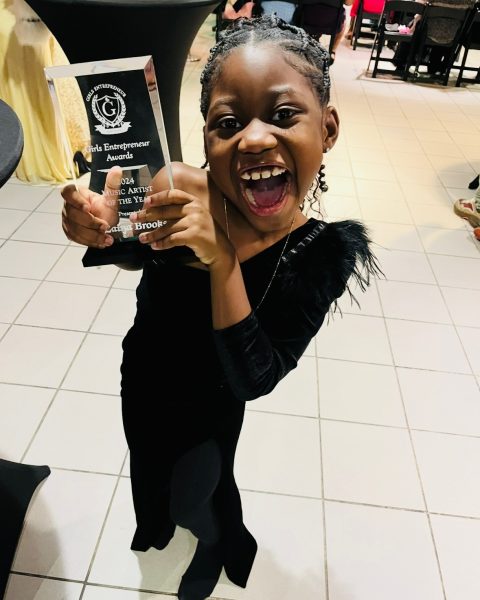Dealing with Addiction
Content has mentions of drug abuse and drug addiction
These students chose to share something that many decide to ignore and for that The Messenger is deeply thankful. The interviewees will remain anonymous. It is of utmost importance that students, teachers, administration, and anyone else reading understand that addiction is an illness, not a crime. Criminalizing and judging someone for having an addiction can prevent them from getting the support they need.
If you find that someone you know may be struggling with addiction, go to the Teen Health Center or call the Washington Recovery Helpline at 1 (866) 789-1511. Do not stand alone.
Interview 1:
Q: What made cocaine appealing to you?
A: For me, doing it didn’t make me feel like I was on drugs — it made me feel like a fairly happy person, rather than like I was on cocaine. It just gave me that serotonin that I was needing.
Q: What makes it hard to walk away from the drug?
A: It’s pretty prominent at Garfield to form friendships and relationships solely around substances. So when you’re not only trying to quit, you also have to worry about how that’s going to impact your relationships.
Q: Are there any stories that you are willing to share?
A: When this started finally hitting that this was a problem was when I started doing lines in the Garfield bathroom during school. It just proved that I wasn’t doing something that I would choose to do but instead something I needed to do.
Q: Have you made any attempts to get clean?
A: I have been now sober for one month, which has been super hard, but I am really proud of myself. Going cold turkey is something I wouldn’t recommend to everyone, but for me it really worked. There is a lot of “one size fits all” for getting sober, but AA and all is not it for everyone.
Q: What should a person do if someone they know is struggling with addiction?
A: I think that what I would give as advice is that you have to prioritize, long-term, their safety over their trust. You have to weigh the options — continuing this addiction, they could die.
Interview 2:
Q: What made molly, cocaine, and nicotine appealing to you?
A: It just made life a lot easier. I mean, it’s different for every drug that I tried, because with psychedelics, it was a different way to experience the world around me. For molly, it was that I have really bad and really weird social anxiety, and it really undercut that. It made it a lot easier for me to open up and feel like I was actually myself. With cocaine it was that I kind of go through my life in autopilot, and it kind of locked me into the driver’s seat. No matter what I was doing it was like, “Oh sh*t, I’m here, what’re we doing? I’m down.”
Q: What decisions have you made to get away from molly, cocaine, and nicotine?
A: For me, it was just about finding a good support system, and finding ways to hold myself accountable, because I knew if there wasn’t something standing in my way, then I would just keep doing it. I kind of opened up to my mom a little bit, so she would keep drug testing me to keep me on my toes. I started working with my therapist a little more on making it easier to go through life without feeling like I need all that.
Q: Besides the chemical effects, what made it particularly hard to quit?
A: I turned to drugs because of my depression, and it was kind of hard to find a reason to quit, in all honesty. There are many reasons to quit, but then there are also a lot that kind of make it worth it in a way. It was kind of a routine escape, and it’s not something that would really go away.
Interview 3:
Q: What would you say you have become addicted to?
A: I would say I’m just addicted to being high. It started with self-medicating, like, I’ve had mental health issues that have not been treated for a long time, and so I was like “any high works.” Anything that puts my mind in an altered state, works.
Q: How were you introduced to drugs?
A: I was very opposed to drugs for a while, and then freshman year I was open to the idea of smoking weed, and since then I have not been sober for more than two weeks. The second I did it I fell in love with that feeling.
Q: Besides the chemical effects, what makes it hard to walk away from your addiction?
A: I don’t like that I have an addiction, that I feel the need to constantly hide, but in the moment I feel like I like who I am more. I just feel funnier and a more interesting person than when I’m not sober.
Q: How has your drug use impaired your life?
A: I just have no motivation to do school. Last semester I was skipping class more than I was at class. I don’t do homework—I haven’t done homework in months.
Q: Have you done anything to try and stop?
A: I tell myself I’m going to quit, and then I just can’t do it. The furthest I’ve gotten is telling myself I’m going to, but before I get to any further steps than that, I relapse. I haven’t come up with any actual plan, because I just haven’t been able to get there.





